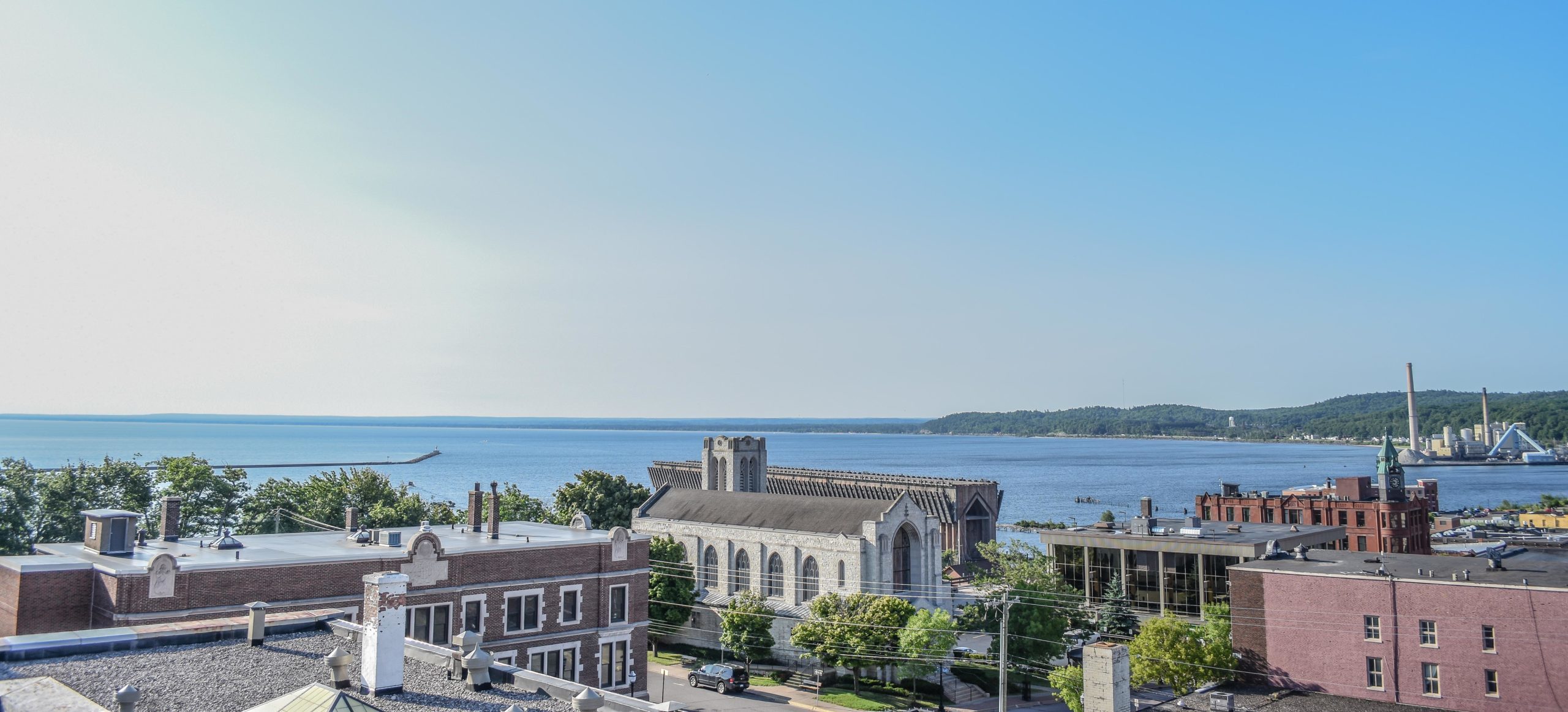Snyder wants $11M for harbor dredging
Posted by Amy Clickner on February 4, 2013
TRAVERSE CITY — Gov. Rick Snyder will call for spending $11 million this year to dredge Michigan harbors in danger of losing their connections to open water because of low Great Lakes levels, aides told The Associated Press on Friday.
The Republican governor will include the proposal in his 2013 budget, which will be released next week, spokesman Kurt Weiss said. It’s part of a broader initiative being developed by state agencies to help water-starved harbors as the federal government cuts back on dredging and the lakes continue declining because of drought and warm temperatures that boost evaporation rates![]() .
.
Other steps will include expediting Department of Environmental Quality permits for dredging projects, pushing for more federal funding and devising a long-term strategy to pay for keeping harbors deep enough for recreational and commercial vessels to move between docks and the lakes.
“Michigan needs to be open for business and our port and harbor communities need to have reasonable access to the water,” Jon Allan, director of the DEQ’s Office of the Great Lakes, told the AP. “It’s their lifeblood for the summer.”
Michigan has 56 harbors and channels that the federal government is responsible for maintaining, but the U.S. Army Corps of Engineers plans to dredge only six of them this year. They are in Detroit, Saginaw, Manistee, Muskegon, Grand Haven and Holland.
The Corps of Engineers gives top billing to large and medium-sized ports used by commercial vessels. Smaller harbors where the traffic is mostly or entirely recreational “are considered a lower priority under the constrained funding we have now,” said Dave Wright, chief of operations with the Detroit district office.
A federal tax on freight shipped at U.S. ports raises about $1.5 billion a year for dredging and harbor maintenance. But about half of the money is diverted for other uses. Members of Congress from coastal states are pushing to change that policy. Bills introduced in the U.S. House and Senate this week would require that all the money in thefund![]() , which has a $7 billion surplus, be spent on dredging and other harbor and port upkeep.
, which has a $7 billion surplus, be spent on dredging and other harbor and port upkeep.
Allan said he and Dan Wyant, director of the Michigan DEQ, will travel to Washington next week to lobby for approval of the measures. Similar legislation was proposed during the previous session of Congress but wasn’t enacted. The Council of Great Lakes Governors, which represents all eight states in the region, has endorsed the bills.
But with prospects for federal assistance uncertain at best, Michigan officials are considering ways for state government to assume a bigger role.
A bill introduced in the Michigan House last week would allow diverting money from the state Natural Resources Trust Fund to harbor maintenance. The fund consists of royalties paid by companies to drill for oil and natural gas on state property and is used to buy and improve land for public recreation. Tapping it for other purposes would require a constitutional amendment and a statewide vote.
Snyder’s proposal would pull $11 million from a fund overseen by the Michigan State Waterways Commission that comes primarily from motor fuel taxes and supports improvements to marine infrastructure such as breakwalls and boat ramps. Siphoning off money for dredging would cause some of those projects to be delayed, Allan said.
“We recognize that can be tough on communities,” he said. “But we also recognize that we need to get boats on the water.”
A special meeting of the commission has been scheduled for Feb. 8.
The DEQ, which requires permits for dredging, will look for ways to process applications faster without cutting corners on environmentalprotection![]() , Allan said. Looking further ahead, a task force from numerous agencies will try to craft a durable system for keeping harbors usable.
, Allan said. Looking further ahead, a task force from numerous agencies will try to craft a durable system for keeping harbors usable.
Chuck May, leader of an advocacy group called the Great Lakes Small Harbors Coalition, said members of the governor’s staff briefed him this week on the dredging plan that Snyder will announce with the rest of his proposed budget Thursday.
“I’m pleased to see that the state is not just pointing fingers … and saying ‘woe is me, it’s all up to Washington, D.C.,'” said May, who lives in Onekama, a tourist village with a channel to Lake Michigan that is becoming dangerously shallow. “They understand that the harbors are in trouble and we can’t afford not to do something.”

